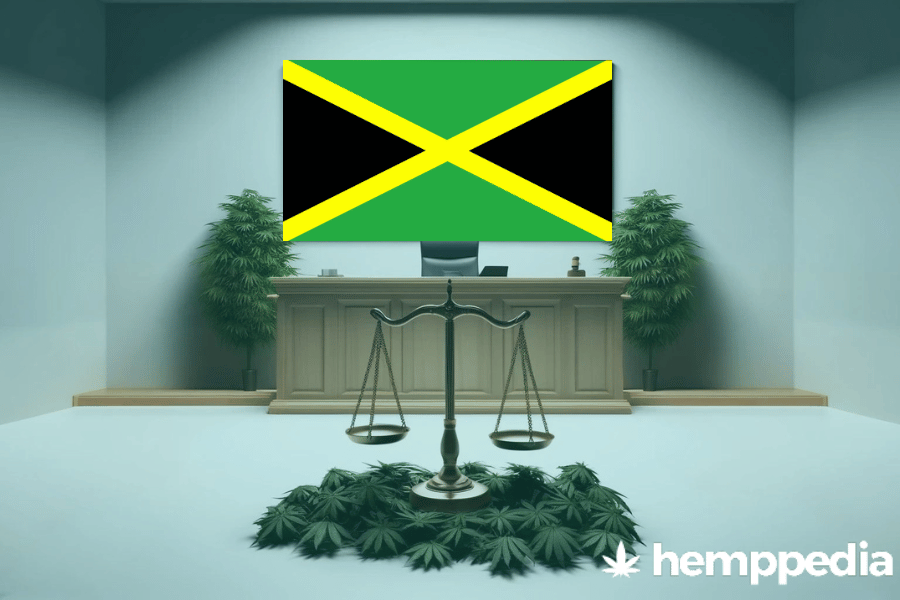Is CBD Legal in Jamaica?
TL;DR
In Jamaica, Cannabis is covered under the Dangerous Drug Act; however, the use of Cannabidiol (CBD) and medicinal cannabis is legal. Derived from hemp or cannabis plants, CBD is a natural compound that does not have mind-altering effects like THC. Its legal status varies worldwide, but Jamaica has been a forerunner in legalizing its use.
Key Legal Aspects:
- Usage: Legal
- Possession limits: None
- THC vs. CBD: Both are legal but THC has more restrictions
Overview of CBD Legislation
Key Terms
CBD is a non-intoxicating component of the cannabis plant with significant therapeutic potential. Although CBD doesn’t make people feel high, it can produce a feeling of relaxation and improved mood. The difference between Hemp and Marijuana lies in their usage, chemical compositions, and cultivation methods. While Marijuana is rich in THC, Hemp contains a higher concentration of CBD. The distinguishing factor between Full-spectrum and Isolate CBD is the composition of various cannabinoids and plant materials.
Legal Landscape
Jamaica decriminalized cannabis in 2015, allowing individuals to cultivate up to five plants and possessing up to two ounces without criminal charges. The law also allows for a licensing system for cultivation, distribution, and other activities related to CBD products.
Regulatory Bodies
The government agencies responsible for regulating CBD in Jamaica are the Cannabis Licensing Authority (CLA) and the Ministry of Health.
Conditions and Restrictions
Jamaica allows the sale of CBD products, provided they comply with local laws on their THC content limits and labeling requirements.
Historical Context
The Dangerous Drugs Act of 1948 in Jamaica considered any part of the cannabis plant, including CBD, illegal. However, in 2015 Jamaica decriminalized cannabis under certain limits, thus opening doors for the legal use of medicinal cannabis and CBD products.
Possession, Use, Cultivation, and Sales
Legal stipulations state that any individual, including tourists, can possess up to 2 ounces of cannabis or cannabis product, which includes CBD. The cultivation of up to five hemp plants for personal use is also permitted.
Enforcement and Penalties
Non-compliance with CBD regulations may result in penalties, often monetary fines. However, heavy offences, such as unauthorized cultivation or distribution, can lead to imprisonment.
Comparative Analysis
Compared to many countries that still classify CBD as an illegal substance, Jamaica’s approach is progressive, focusing more on regulation than prohibition. This progressive stance creates a favorable environment for CBD businesses to flourish.
Conclusion
Jamaica’s approach to CBD legislation has set a progressive precedent, proving beneficial for both its citizens and the CBD industry. However, the ever-evolving global stance on CBD makes it vital for users to stay informed about the legal intricacy surrounding CBD’s usage and sales.





